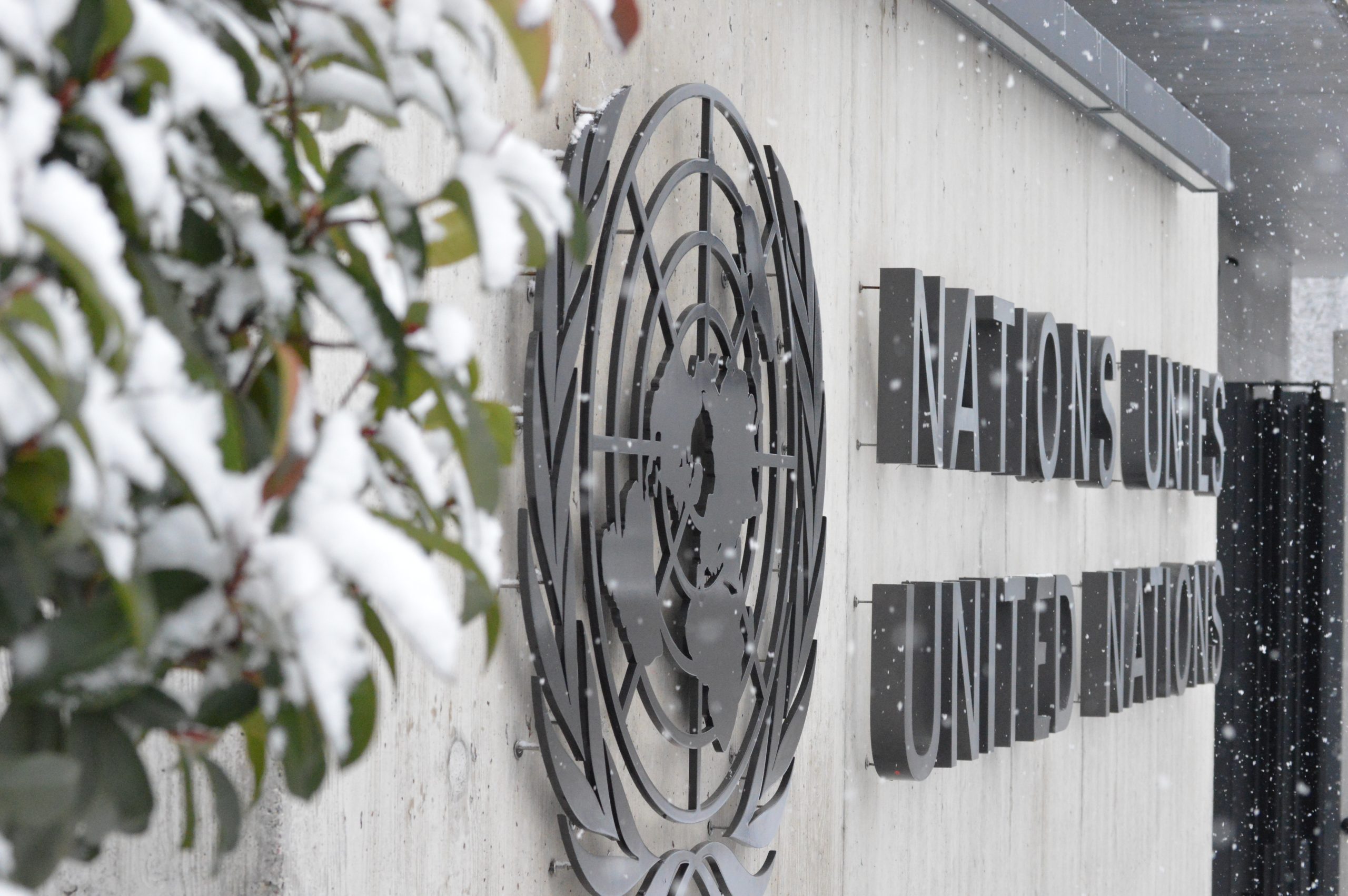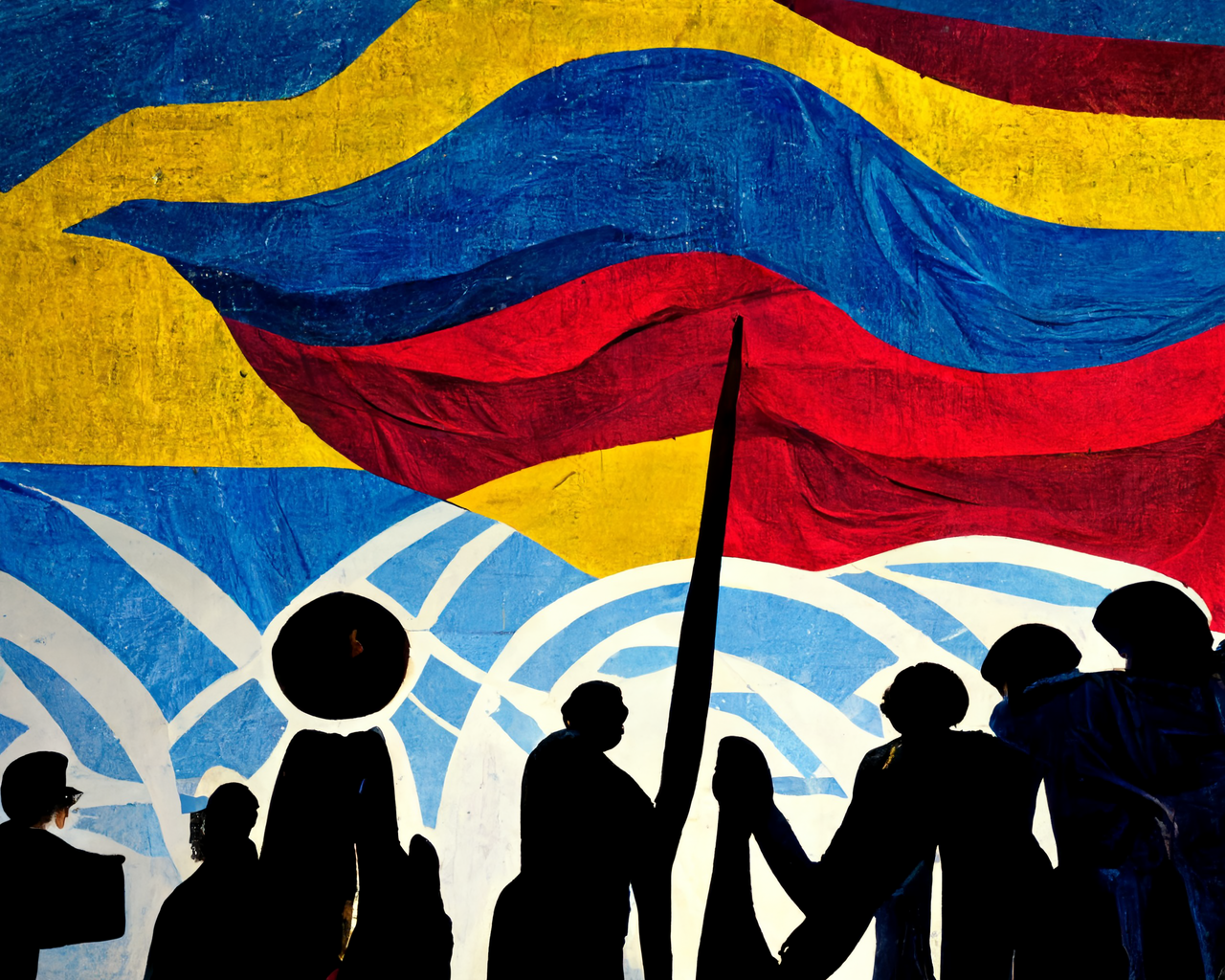
Launch of the Network of defenders rights' protection in Africa
ISHR, in collaboration with partners, has established a network of legal professionals for the protection of human rights defenders in Africa.

Since the adoption of the Declaration on Human Rights Defenders, UN bodies have developed approaches to promoting the work of defenders and ensuring their protection. However, this response has been insufficiently robust or coordinated. Twenty years on, the situation for defenders in many countries around the world remains grave.
UN country missions and human rights mechanisms have developed some good practice in regard to the protection of human rights defenders (HRDs) but there is still much to be done to ensure a coherent, coordinated and courageous response.
ISHR submitted findings on some aspects of the UN’s work on HRDs, to the Office of the UN High Commissioner on Human Rights (OHCHR) following its call for input.
At country level, ISHR – along with partners Colombian Commission of Jurists and Ligue Tunisienne for Human Rights – found positive practice by OHCHR in encouraging the State to implement the Declaration.
‘In Colombia OHCHR has contributed to a collective understanding of who defenders are and what institutional changes may be needed to counter attacks against them,’ said ISHR’s Eleanor Openshaw. ‘While in Tunisia OHCHR has developed a database to systematise the process of follow up on UN recommendations.’
In other contexts, guidelines to steer bodies and representatives in country are often vague, with no mention of the Declaration as a key UN standard.
‘UN Resident Coordinators need to have an understanding of the Declaration on HRDs so they can ensure the protection of defenders is effectively integrated into their work,’ said Openshaw. ‘There is a gap between developments in key human rights mechanisms and country responses.’
Whilst there have been some positive developments connecting different parts of the UN system – for example the new UN Environment focus on environmental defenders, developed with the Special Rapporteur on HRDs – there is a lack of an informed or coordinated response in others. This points to the need for comprehensive UN-wide policies on the protection of defenders.
‘Ensuring coherence and effectiveness throughout the UN system in regard to the protection of defenders requires a strong steer from the very top – the UN Secretary General,’ said ISHR’s Tess McEvoy. ‘We hope Mr Guterres will commit this year – the 20th anniversary of the Declaration– to providing such leadership.’
The Special Rapporteur on Human Rights Defenders, Michel Forst has spoken of attacks against defenders ‘multiplying everywhere’.
‘Twenty years after the world made a commitment to defend the right to defend rights, the everyday reality for so many defenders remains dire,’ said Openshaw.
‘The dangers for defenders are known. The UN system has good practice to build on – and it must – to fulfil its role in encouraging and demanding States realise their obligations to defenders.’
Contacts: Eleanor Openshaw [email protected]; Theresa McEvoy [email protected]
Photo: ISHR

ISHR, in collaboration with partners, has established a network of legal professionals for the protection of human rights defenders in Africa.

Venezuela is at a complex political juncture. In this context, sixteen national and international civil society organisations have put forward a ten-point list of priority demands.

Fifty organisations urge the UN Human Rights Council to urgently convene a special session to address an unprecedented escalation in mass unlawful killings of protesters in Iran.